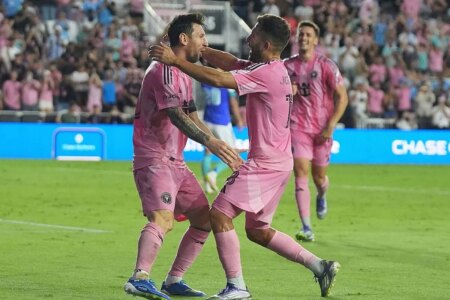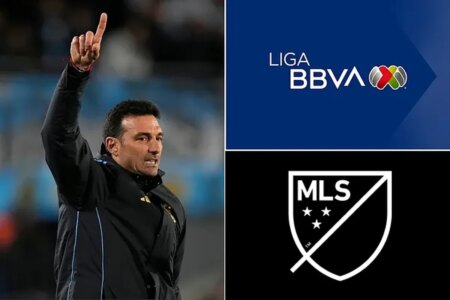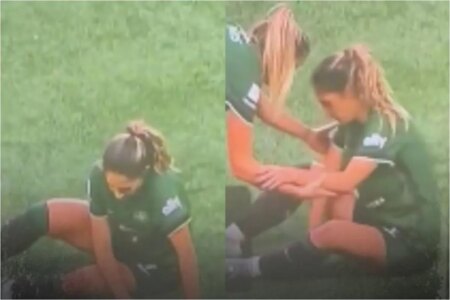Fernando Villarejo, head of Intensive Care at the clinic where Diego Maradona was last operated on, testified on Tuesday in the trial for the death of the Argentine idol that he was pressured to deeply sedate the former footballer for 24 hours during his hospital stay, something he did “in total disagreement”.
What they asked us to do was to sedate the patient
“What they were asking us to do was to sedate the patient,” said Villarejo, head of Intensive Care at the Clinica Olivos, where Maradona was admitted from November 3 to 11, 2020 and was operated on for a subdural hematoma in the head, and added: “It was a difficult meeting because I specifically refused. It seemed to me that it was not the place and I made it known“.
Despite being in disagreement with those who requested it, the doctors charged, Leopoldo Luque and Agustina Cosachov, Villarejo, the first of the witnesses to testify at Tuesday’s hearing, finally acceded to the request and sedated the former footballer as part of a detoxification process and by means of a central venous catheter that was placed despite the patient’s resistance.
We had him sedated for 24 hours, but you know that when a patient is sedated to reverse a withdrawal process
“We had him sedated for 24 hours, but you know that when a patient is sedated to reverse a withdrawal process, a more adequate process is required, with a horizon that does not end in 24 hours,” he explained. According to Villarejo, in the absence of a treatment plan, he chose to reduce the dose after 24 hours: “In the absence of a horizon, we decided to start using our own criteria and lower the dose of sedation.”
If something happened, it was my responsibility. To handle it more appropriately, a multidisciplinary team was needed
“If something happened, it was my responsibility. To handle it more appropriately, a multidisciplinary team was needed,” he added. The witness recalled that Maradona was “restless” and at times “unmanageable,” and that Luque, the star’s personal physician, and psychiatrist Cosachov argued that he was “difficult to manage from a behavioral point of view, due to some withdrawal”.
The head of Intensive Care at the Olivos Clinic also referred to the controversial decision for the former soccer player to continue his treatment in home hospitalization after leaving the clinic, and pointed out that his recommendation was that he be treated in a rehabilitation center that had a multidisciplinary staff attentive to his withdrawal symptoms.
However, he added that, given Luque‘s refusal, he respected his decision along with the rest of the professionals at the Olivos Clinic. In addition to Luque and Cosachov, those being tried in this process include psychologist Carlos Diaz, doctor and coordinator of the company Swiss Medical Nancy Forlini, doctor Pedro Di Spagna, coordinator of nurses Mariano Perroni and nurse Ricardo Almiron.
Nurse Gisela Madrid is also on trial but will face a jury trial, as she requested. In this process, judges Maximiliano Savarino, Veronica Di Tommaso and Julieta Makintach will have to determine whether seven of the eight defendants are guilty of the crime of simple homicide with eventual intent, which carries a maximum sentence of 25 years in prison.
Read the full article here











